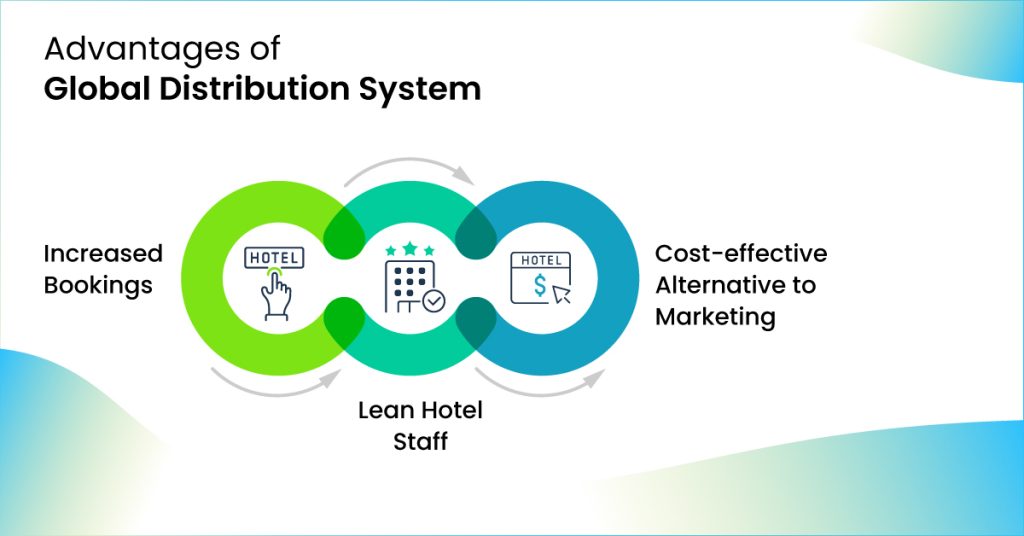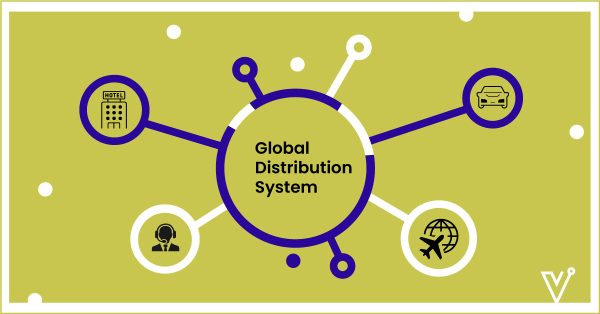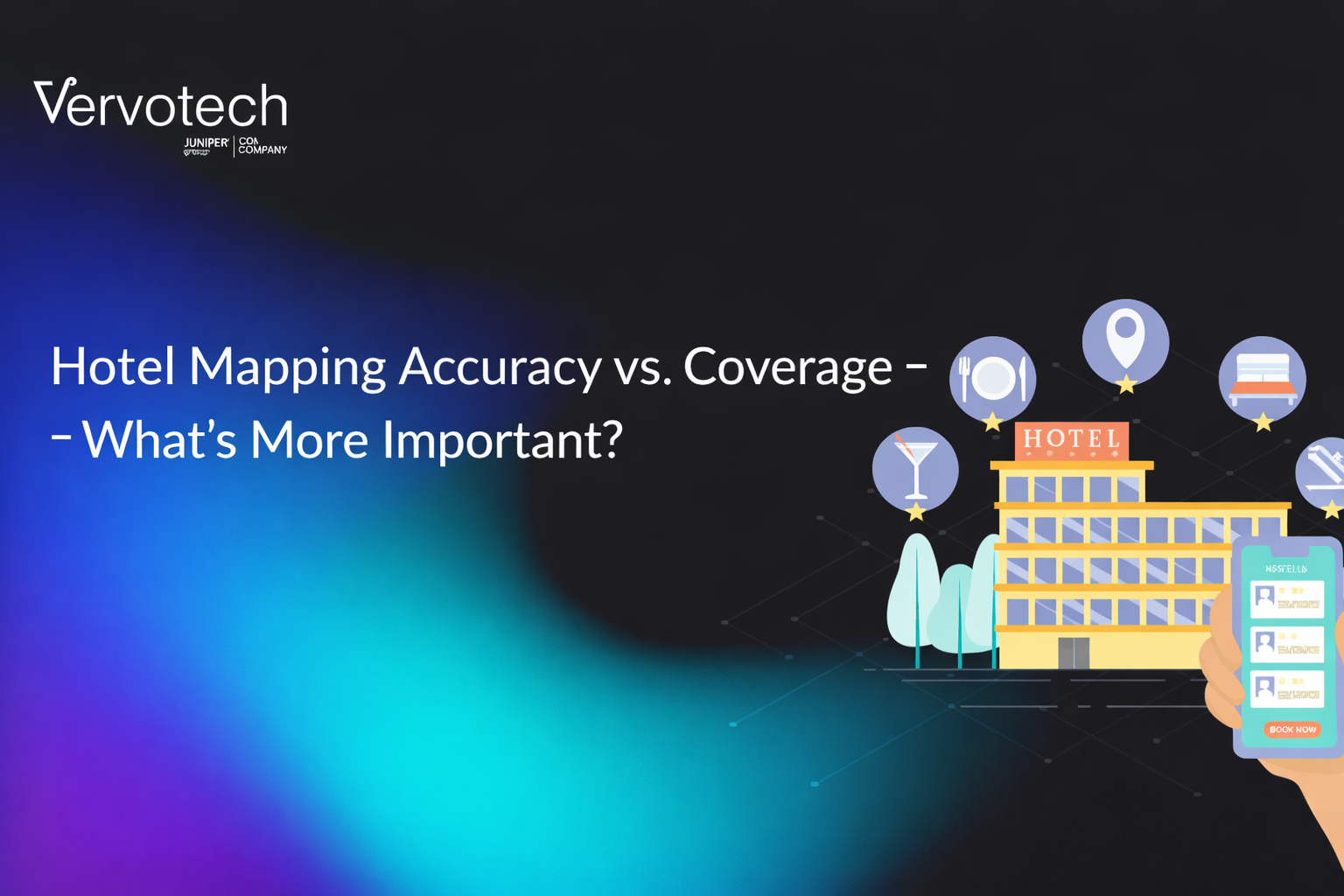The idea of a global distribution system evolved from the highly cumbersome and inefficient booking system the travel industry was following. Until, 1960 if a travel agent had to make a reservation for a flight, he needed to call an airline, and airline staff would take hours to shuffle through documents and find if there was space available for a particular route and time.
While the demand for air travel was growing, some airlines developed their own booking system. American Airlines was the first in the batch. The airline partnered with IBM and developed Automated Business Research Environment (SABRE) technology. The technology helped the airline widen its access to more travel agents, which ultimately translated into more customers.
Soon enough, other lines also followed suit, the likes of British Airways and Delta also started using the electronic booking system. In 1970, The Westin became the first hotel to have an electronic reservation system called Westron. But the reservation system was not open for travel agents or agencies, and only hotel employees could use it. Then 1976 came as a watershed moment for the Global Distribution System in Hotel Industry when a travel agency got access to SABRE. By the end of 1985, about 10,000 travel agencies were using SABRE. Eventually, in 1992, an owner of America based reservation system joined hands with the European system to build the world’s first Global Distribution System.
How does Global Distribution System in Hotel Industry Work?
Global Distribution system works as an intermediary dealer between a travel agent and a hotel’s (or airline’s) online reservation system. A GDS does not have its own inventory, and it directly uses the hotel’s data to make changes. It allows travel agents to fetch real-time prices and inventory for a particular hotel.
A Global Distribution System in Hotel Industry simply enables travel agents to look through the hotel’s system and gather important information like available room types, prices, and restrictions. Unlike the 60s, now, if a travel agent books a room, the GDS automatically removes the room from the hotel’s system. A travel agent no longer needs to check with hotel staff, and hotel staff no longer need to flip through documents to find if a room is available in their hotel. That’s the change GDS brought in the hotel reservation ecosystem. Today, Global Distribution System in Hotel Industry is widely used to tap the corporate customers.
Also Read – What Are Hotel Groups, Hotel Chains, and Hotel Brands?
The Benefits of Using Global Distribution System in the Hotel Industry

The primary goal of the Global Distribution System in the Hotel Industry is to help travel agents/agencies find hotel rooms that fit their requirements. It’s a B2B system that travel companies use to get real-time availability of rooms and other travel arrangements and make it available for their customers planning to travel. As a hotel, if you are not getting enough traction from travellers, signing up with a GDS can be a great idea.
Let’s understand in slightly greater detail how the Global Distribution System in the Hotel Industry can help your hotel business.
Increased Bookings through Travel Agents
Many corporates even today rely on travel agents to make accommodation arrangements for their employees, rather than having someone in-house who manages travel arrangements. More than 60,000 active travel agents use the global distribution system to make bookings. Thus, signing up the GDS offer hotels a wide net of recurring customers.
An Opportunity to Lean Hotel Staff
Apart from the exposure that hotels get, Global Distribution System in the Hotel Industry also makes booking easier. The system has real-time access to the hotel’s booking system, and it instantly informs the hotel once an agent books accommodation. It removes that entry from the hotel’s room inventory. So, it frees up a lot of hotel administrative staff, creating a positive-sum game for the hotels. A hotel can use this opportunity to lean their staff or deploy them to a place where they can create more value.
Recommended: Top Hotel Mapping Tools Leading the Market in 2022
A Less Expensive Alternative to Marketing
However, hotels have to pay a joining fee to set up an account with a hotel distribution system, but it’s much cheaper than what a hotel chain may have to pay for marketing to up their booking numbers. Also, as mentioned previously, with GDS, you get many corporate recurring customers. That’s an added advantage.
From agents having to call the hotel staff to directly making bookings, things have dramatically changed ever since the emergence of the Global Distribution System in the Hotel Industry. The system continues to be relevant, offering information, value and profits to both agents and hotels.








